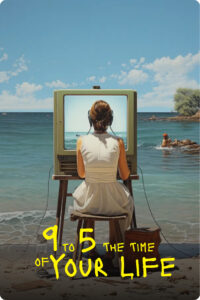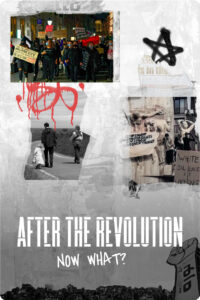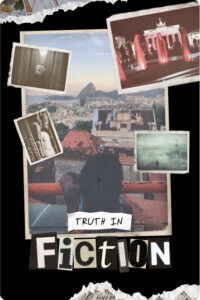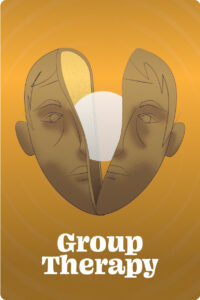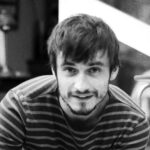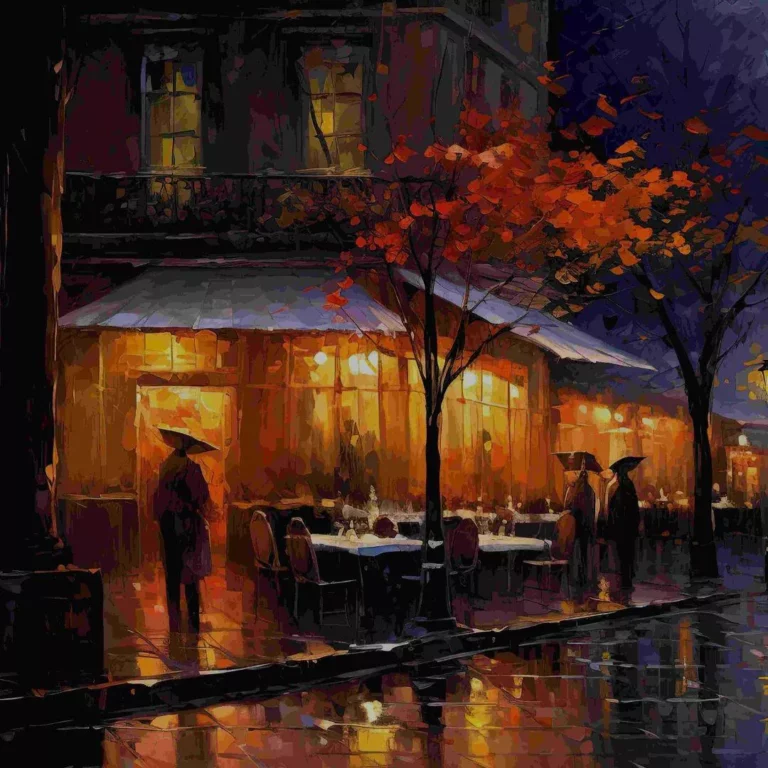
20/11/2023
Help us tell the world to you !
Frictions is launching its club : by supporting Frictions, you’ll be supporting a community of authors and journalists who tell the world through intimate stories!

You will find below the transcript of the podcast translated into English. Translator: Victoria Smith.
I grew up in Normandy, close to a Gothic cathedral, not far from the sea and the chalk cliffs. But it was in Paris that I became an adult. I’ve lived there for almost 15 years. Out of 33 years that’s a lot – it’s almost half my life.
Can you belong to a city?
What’s more, a city that excludes
a city that tells you to fuck off if you earn minimum wage
a city that divides
a city where people die in beautiful streets
a slum city
a polluted city
a city that kills
a violent city where the noise assaults you
a city that rejects nature
a city that spits on you
a city that…
A city marketed as the most beautiful city in the world.
Is it possible to feel like you belong to a city that seems to gather together everything that I find hateful? Everything that would make me run away?
I had my first place of my own in Paris. I went to university in Paris.
My first love story ended in Paris. (“It’s over”)
I met Laura in Paris. (“Hi”)
I studied journalism in Paris.
I got my first job in Paris.
My daughter was born in Paris. (“I’m three years old and my name is Sasha”)
She is growing up in Paris. (“I live in Paris”)
My brothers and parents are far away, but my close friends are in Paris.
My life is in Paris.
And I’m still asking myself how it could be possible. Why I feel good here. And why this city prevents me from imagining a life anywhere else.
Take the Champs-Elysées
Apparently, it’s the “most beautiful avenue in the world”. A place that is emblematic of the capital. So, let’s go.
…basically, the Champs-Elysées is almost an eight-lane road… bigger than a highway… in the middle of the city.
I see Cartier, Louis Vuitton… Macdonalds… Starbucks… Sephora… a strange mix of luxury brands and high-street chains … tourists taking photos…three-Euro cafés… le Fouquets and the Paris-St Germain store.
The Champs-Elysées is not really my favourite place. But when I pass by from time to time, something flows through me.
On 16 July 2018, I was a journalist for Radio Europe 1.
On 16 July 2018, I was in the middle of the crowd at the Champs-Elysées, reporting live from the French national football team’s victory lap.
I don’t remember if I used the expression “The most beautiful avenue in the world” in my reporting… but I remember the jubilation, the blue-white-red flares, the French air aerobics team that shot over our heads, the eyes squinting to look into the sun, the press of bodies, the heat, the sweat, the commotion of the crowd…
Being on the Champs-Elysées,
is finding myself in the midst of these memories.
It’s reliving these moments so that they continue to exist, somewhere along this avenue, as if they were imbued in its geography… perhaps in its very name.
The Champs-Elysées.
Later, there will be the Gilet Jaunes. The military trucks under the Arc de Triomphe. Sprinting to escape the riot police. Sprinting to escape the protesters that were a little too intense, and didn’t like journalists.
These memories take their place among the others.
Today, I have the impression that they populate the city. If it’s not the Champs-Elysées, they impregnate the name of a street, the façade of a restaurant, the terrace of a bar, a simple park bench, because I was there.
I can see them, too, on the faces of those around me. “Hi” “Three years old”
Sometimes, I feel as though I’m living in my own memory.
Maybe that reassures me…
Maybe that creates the illusion that nothing will fade away.
About ten years ago, I failed the test to get into Radio France three times. I started saying things like “I’m going to give it all up”… even though I’d barely begun.
I started to listen to sad Simon & Garfunkel songs.
At that time in my life, when I walked through the streets, I saw everyone else rushing around…
Going into buildings, probably to start work.
Maybe it sounds strange, but I really remember feeling jealous of them. Like they had found their place, and the city had spat me out.
Its very buildings refused to let me in…
I had failed. The city didn’t want me anymore.
One Monday night, I went into 49 Rue Blomet. It’s a round, single-storey building, a bit dated, built in the middle of a children’s playground.
Like a sort of forgotten prefab.
Or a flying saucer that needed a rest.
There, I met Henri, Martine, Anna, Hélène, Jordan, Tacco, Sophie and Patricia.
Like me, they had come to 49 Rue Blomet to participate in a writing workshop.
We sat down around a table.
We got out our books. Mine was grey with a hard cover.
The facilitator gave us a theme (“you’re going to choose a verb… and you’re going to write to develop its meaning, its use…”) And so we began.
An hour and half later, we each took our turn reading. I kept my grey notebook. Here’s an extract:
Escape from that yoke of lead
Escape without tearing myself to pieces, my love,
[*this sounds much better in French*]
It was the story of a prisoner who rapped through the bars of his cell. In my head, it was powerful stuff.
But that was in my head.
Anyway, the workshop lasted for three hours. And it was good.
I knew that each Monday night, in that tired old prefab, there would be a chair waiting for me at the table.
When I remember 49 Rue Blomet, I imagine a kind of hut, cut off from the rest of the city, a hut where a select few meet each Monday night around a fire.
From the outside, you would see smoke rising from the chimney. Through the windows, you would glimpse light, and a little group gathered around a table, writing, faces concentrated…
…and silence.
A place of refuge
An oasis in the city
A shared space where you feel at home.
I participated in the workshop for a year.
I’ve never been back there since.
But I know that 49 Rue Blomet still exists; I know that my memories still live there.
I could say the same thing for 46 Rue de Cléry.
For 35 Rue du Louvre.
148 Rue de la Pompe.
90 Rue de Tolbiac.
10 Rue du docteur Paquelin
271 Avenue Daumesnil
1 Rue Victor Cousin
11 Rue Sorbier
2 Rue des Cévennes
2 Rue de la Liberté à Saint-Denis
157 Rue Saint-Martin…
37 Rue de la Réunion
…
For…. 90 Rue Saint-Antoine.
That’s the old address of one of my best friends. His name is Ulysse.
His place contains memories of lots of parties…
strange instruments (charango, flute)…
or strange Jason Statham films… (extract from the trailer of Crank: “I’ve been poisoned with some kind of Chinese synthetic, you’ve gotta do something for me, doc… They gave you the Beijing cocktail, it’s cutting off your adrenaline. AAAGHHH. If you stop, you die.”)
But also of a discussion that we had about the city.
Ulysse was born in Paris and had always lived there… and he had seen films that I hadn’t seen…
… “There’s also the start of Joli Mai, you should put that in your thingo… do you know what I’m talking about? It’s uh… Paris the city that you would like to …”
“Paris is that city that one would like to arrive in without any memories.
A place one would like to return to after a very long time to know if the locks still opened with the same keys.
If there is still the same ratio of sun to clouds…”
“He says that. He says that it’s the city that you want to go back to, to know that things are still in the same place, you know.
I remember, for example, the first time that I went to Notre Dame, with my father. And when it caught fire, well I cried, because I said to myself, what’s happening right now is that this thing that I thought was eternal, I’m not going to be able to pass it on to my kids or the people that will come after me. The people after me won’t see this part of Paris, that is so powerful that even as one generation follows the next, and even if the people change, they still find themselves with these same landmarks in these same places, it’s kind of that.
One day, I went to Patrick Boucheron’s class on memory at the College de France. He said something about monuments that really astounded me. He said – a monument is simultaneously something built of stone, what you can see … and at the same time, it’s the succession of perspectives that have been projected onto the monument over time. And in fact, these places are accumulations of different energies, and you could write a history of the way that different perspectives have been attached to these monuments.
I have exactly the same feeling when I look at my bookshelf – looking at the spines, you remember both the book and the state that you were in when you were reading it. And places are like that too. Walking past … even places that you don’t go anymore, takes you back to what you were and the path that you travelled.”
Afterward, he also talked to me about the hecticness particular to Paris…
To its history…
to the new arrivals that hope to make something of themselves here…
To the myth of Paris
“And that’s it, it’s a myth that keeps on going, and that’s what’s beautiful about it… and that’s what is difficult to… it’s difficult to convince yourself that you’re part of it.”
I think that I also have a fear of not being part of it.
Of abandoning the life that I’ve built for myself here…
Of abandoning these places…
49 Rue Blomet… and all the other addresses…
The places where we tried to create oases in the city … shared spaces.
The monuments of Paris and their energy.
Of abandoning the havens built with others over time…where parts of myself have found refuge…
The havens to come… and everything that they could nurture…
Everything that can happen in Paris.
And everything that could happen to me.
Explore
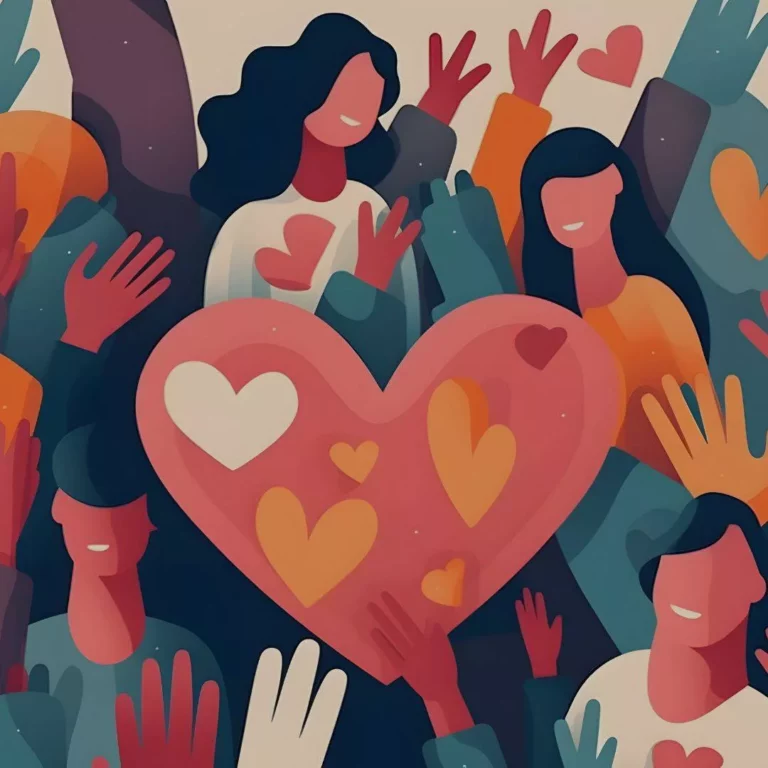
Love for Real
At the coming of age, Ivan sees his best friend drift away and makes a promise to himself: save the friendship!

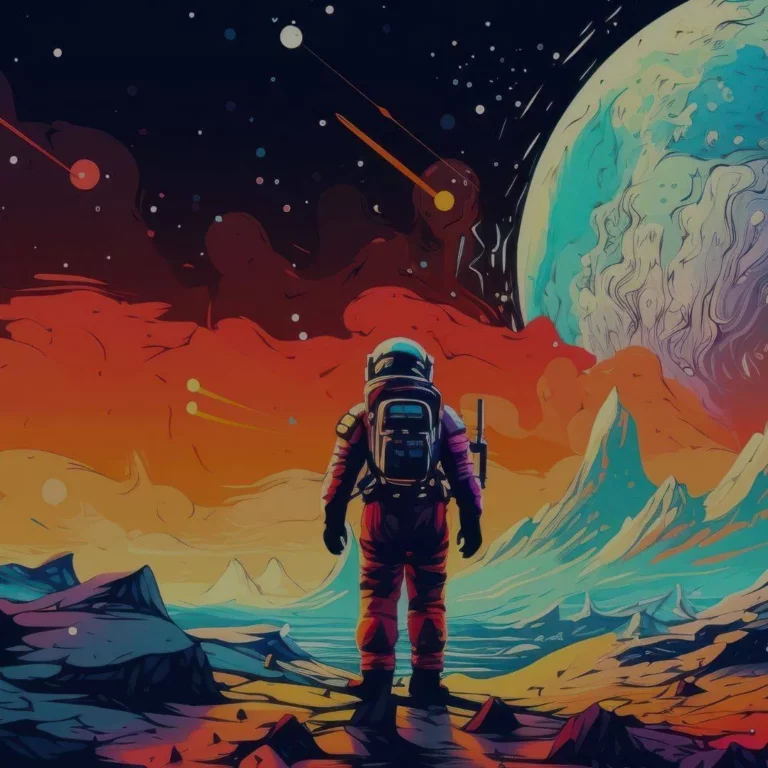
Rising up, breaking away
When science fiction meets reality: four passengers are interviewed just before taking the plunge into the unknown, leaving for another planet. A new departure that questions their attachment to this planet. What can they expect from this great escape?

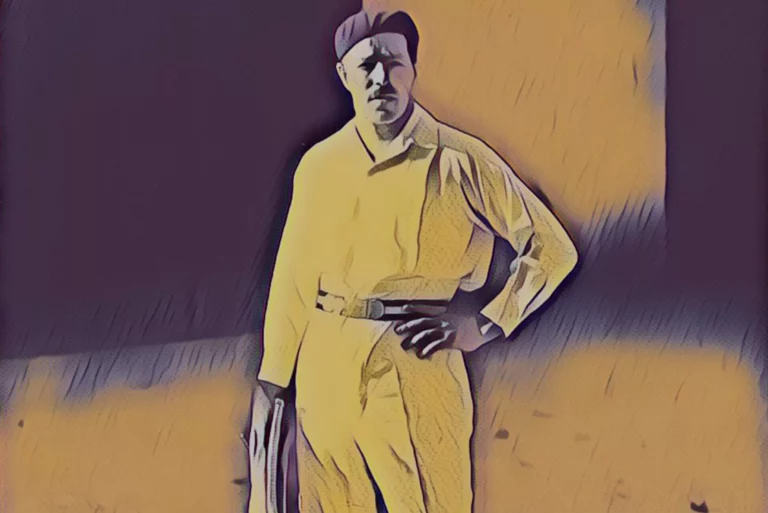
Jai Alai:The Joyful Game
Nicolas, proud of his Basque heritage, explores his identity quest through rock, meals at his abuela's, and political analysis.

